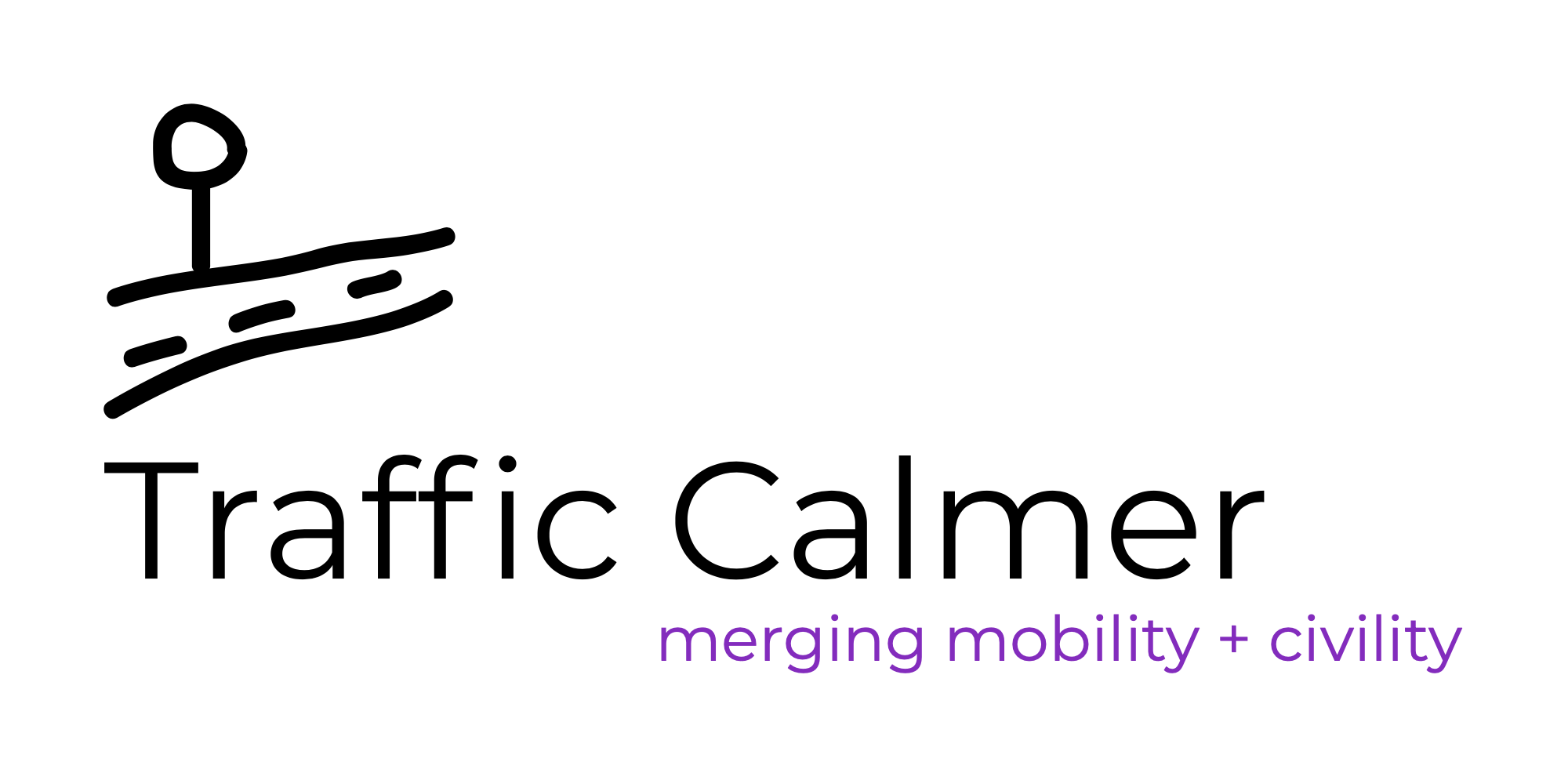Looking into 2020
Thoughts on #climatechange, #gentrification, #parkingprivilege, #autonomousvehicles as we turn toward the next decade. Not predictions or prognostications, just observations. I hope they inspire!
Climate change and enlightened self-interest
As the world comes to terms with the effects of #climatechange (never mind the head-in-sand naysayers), bankers and insurers will play an increasing role. Insurers probably have the most to lose as weather-related claims will continue to rise. The typical fallback in the United States has been for the government to subsidize and regulate, witness the National Flood Insurance Program and current restrictions imposed in California. At some point actuary tables will simply make insurance in certain locations unaffordable or unavailable. A good starting point would be second homes.
Without insurance, banks will not offer loans and mortgages. The effect will be clear for developers – build elsewhere, on solid ground. How governments react will be telling. Some will update polices and codes accordingly. They may discover that it is cheaper to buy out properties than continually rebuild. Others will continue to seek short term political and financial gain then beg for bailouts.
In the end, there will probably be many semi-coordinated decisions made by individuals, aka enlightened self-interest.
Gentrification will become passé
First, let me agree that affordability is a huge issue in thriving cities today. And affordability has distinct racial, equity and equality components which need to be addressed as we seek a more just and humane world.
That said, gentrification seems to have become the bogeyman for all manner of urban ills.
I recently read an article about the relationship between transit upgrades and housing prices in Houston. I suppose the same could be written for almost any city that invests in transit, especially fixed service (Metro, light rail, BRT) that imparts permanence. Probably since the stagecoach, properties proximate to stations got a bump in value.
I recently attended a seminar where gentrification was solidly blamed for recent changes to the historic composition of a Brooklyn neighborhood. Left unsaid was the fact that the racial and ethnic composition of the neighborhood had changed at least twice in the last 150 years. NIMBYism in sheep’s clothing?
The pushback and mischaracterization of the end of single-family zoning in Minneapolis and elsewhere has already begun. Single-family zoning is entirely classist and racist, but it IS cheaper per square foot to build a stick frame split level ranch than a three-story apartment (excluding external costs like roads and sewers that the city picks up). So get ready for a slew of accusations that allowing multi-family units raises prices, aka gentrification.
Parking and privilege
Is parking (car storage) simply a management issue? Many seem to think that if we can just price parking correctly, or allocate it correctly, then we’ll all be able to have our parking and eat it too. It seems that people are getting wise to the idea that free, unregulated parking is not city-friendly. But is the answer simply better regulation?
There are three things about parking which often go unaddressed. First, the space required to store two vehicles makes a decent one-bedroom urban apartment. Second, walking through parking lots and garages is a life-draining experience. Rarely is a parking lot anything more than hot asphalt, which will never compete with walking down a street full of stores. Third is privilege. Parking in cities is the provenance of those who can afford it. Everyone else is stuck by the side of the road waiting in the rain for the bus.
This leads me to believe that we need to stop spinning our wheels with parking management. We just need less space for cars so we can put our resources into building proper cities. And we certainly do not need our tax dollars paying for parking calendars!
Autonomous vehicles
It seems that people are catching on to the downsides of autonomous vehicles. Expectations have been dialed back or refocused to controlled environments like campuses, industrial sites, and airports. Self-driving vehicles are certainly a thing and will bring huge benefits, but the roll out will be iterative, not instant.
